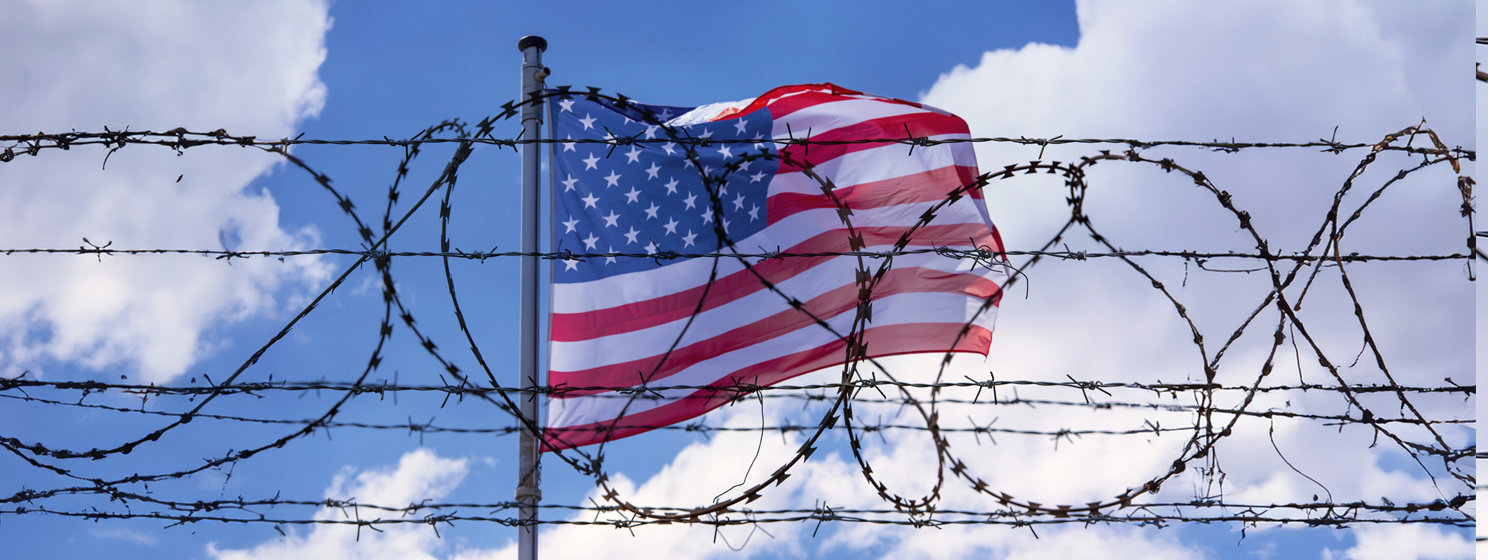|
Getting your Trinity Audio player ready...
|
A startup run by OnlyFans founder Tim Stokely has partnered with the HBAR Foundation, the digital asset non-profit behind the decentralized network Hedera, to submit a late-stage bid to acquire the controversial short video app TikTok
from its Chinese owner, ByteDance.
As reported by Reuters, the “intent to bid” was sent to the White House by Zoop, billionaire Stokely’s new startup company, and the Hbar Foundation, which supports the growth of the Hedera ecosystem by funding and assisting projects that build on the network.
Stokely made his fortune by founding OnlyFans, an internet content subscription service that essentially allows adult content creators to communicate directly with their customers, or “fans,” to whom they charge a fee. Zoop follows a similar model but is a contrastingly mainstream and family-friendly site that connects comic creators and publishers directly to their fans.
“Our bid for TikTok isn’t just about changing ownership, it’s about creating a new paradigm where both creators and their communities benefit directly from the value they generate,” Zoop co-founder RJ Phillips told Reuters.
Phillips went on to say that the partners had been working with a consortium of investors but did not elaborate on the bid or the individuals or entities backing it.
Stokely and Phillips have stiff competition for TikTok’s U.S. business, not least from another last-minute bidder, e-commerce giant Amazon (NASDAQ: AMZN), according to a New York Times report last Wednesday. ByteDance had until April 5 to agree to a proposal by a non-Chinese buyer, or the app—used by 170 million Americans—will face a U.S. ban under a law that took effect on January 19.
TikTok concerns and banThe measure was passed in 2024 with broad bipartisan support and signed into law by former President Joe Biden in April of last year.
Both lawmakers and security experts cited national security concerns related to TikTok’s Chinese ties, including risks that the Chinese government could use ByteDance to access sensitive data belonging to its 170 million U.S. users or spread propaganda.
In November 2022, Federal Bureau of Investigation (FBI) Director Chris Wray said TikTok posed a national security risk and that Chinese companies are required to do “whatever the Chinese government wants them to in terms of sharing information or serving as a tool of the Chinese government.”
In the face of such arguments, the law passed in 2024 would only allow TikTok to continue to operate in the U.S. if ByteDance sold it within 270 days, a timeframe that the president could extend to a year.
Trump, who promised to save the app once elected, signed an executive order postponing enforcement of the law by 75 days until April 5 after taking office in January.
If the president is to be believed, there is a good chance an acceptable deal for TikTok will be found in time, and the app will continue to operate in the U.S.
Trump told reporters on Air Force One last month that a deal for TikTok could soon be on the cards, adding that “we’re dealing with four different groups, and a lot of people want it… all four are good.”
Watch | From Blocks to Beats: The VoltronMusic Vision

 12-13-2025
12-13-2025 





